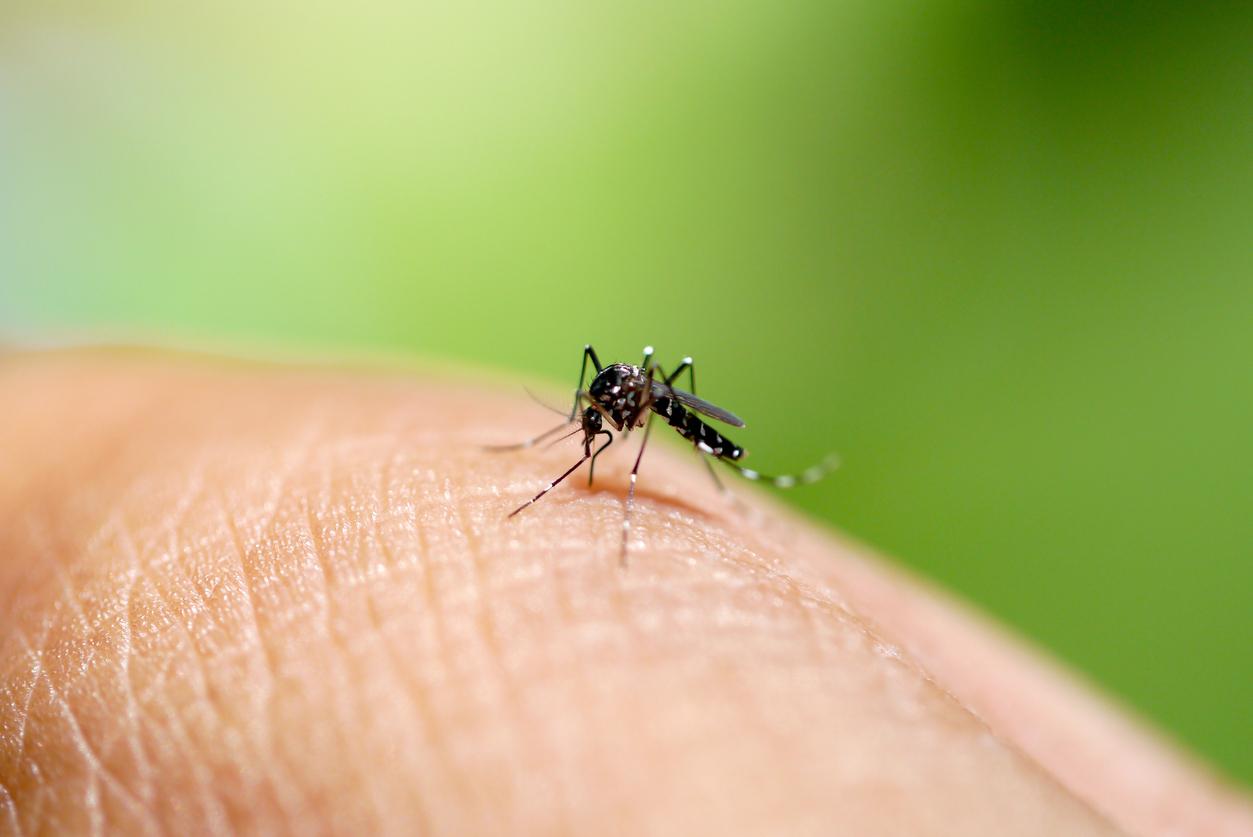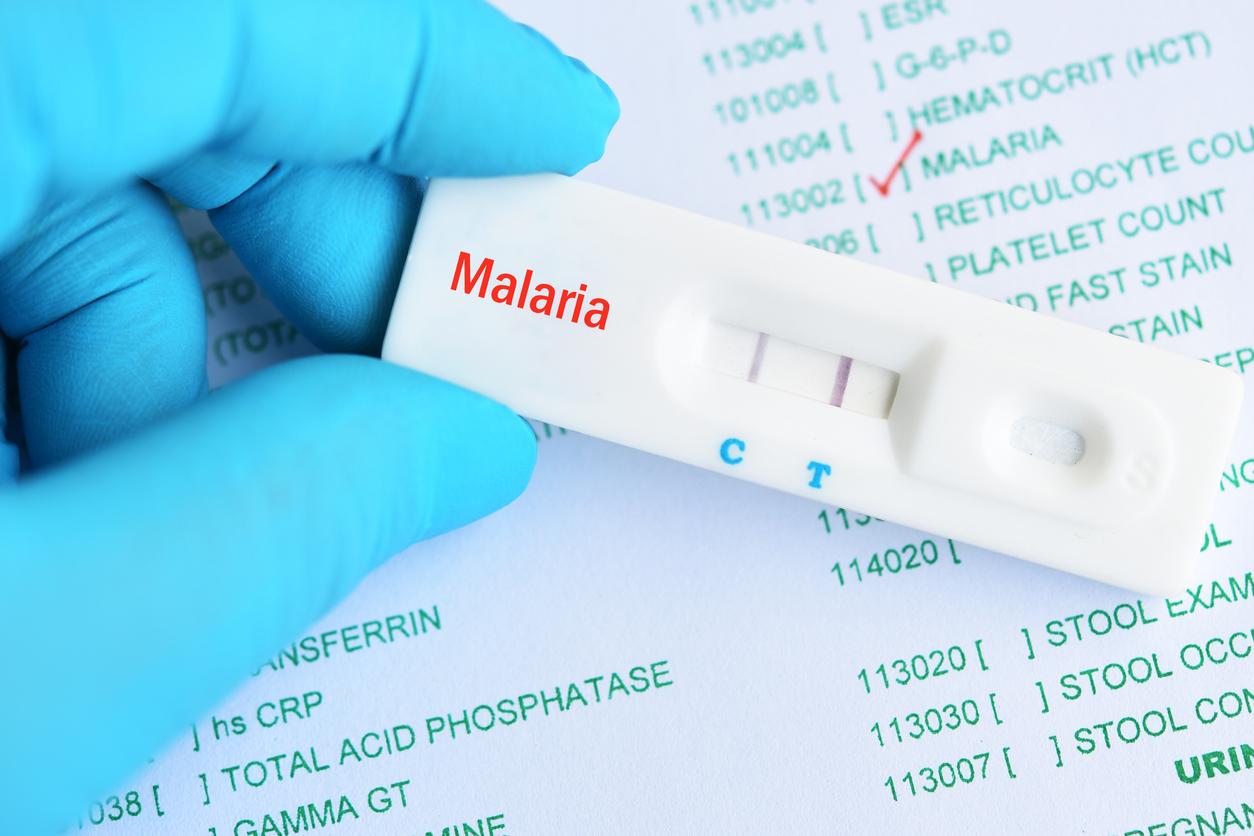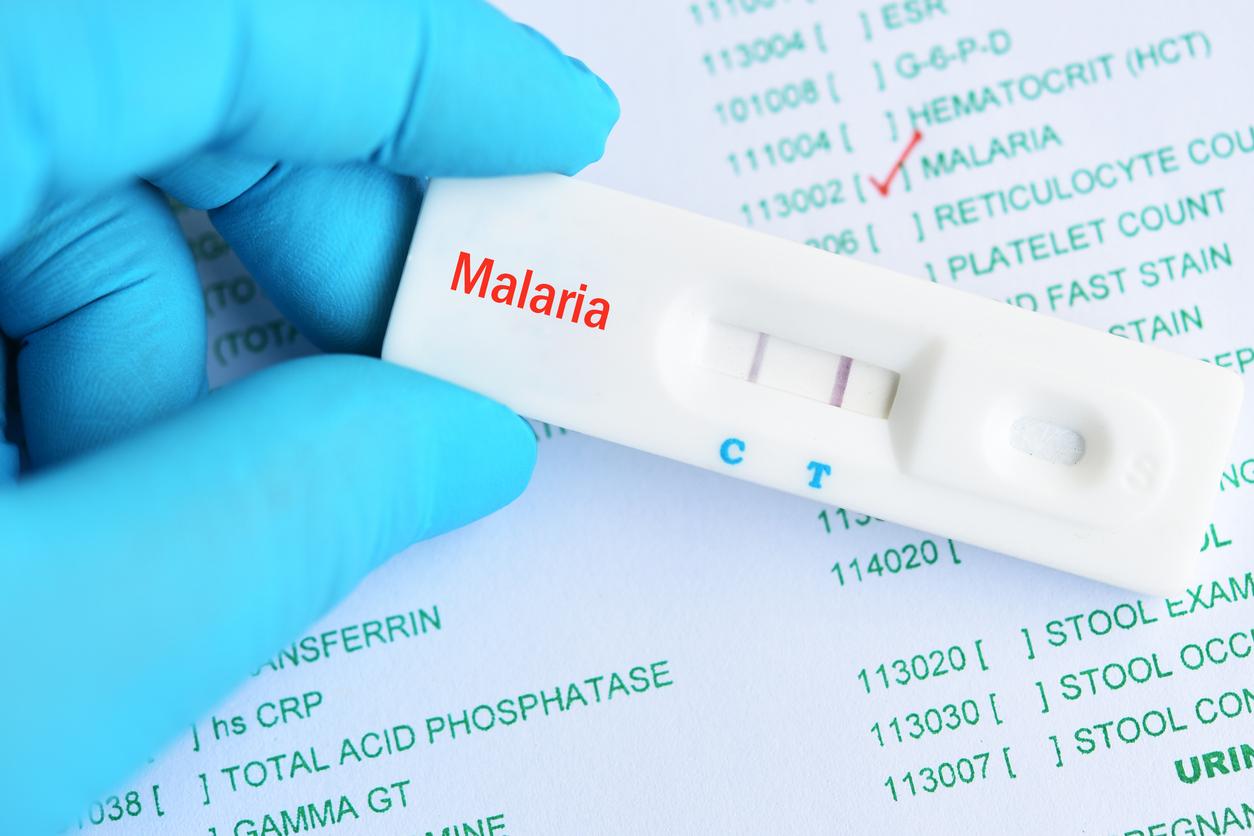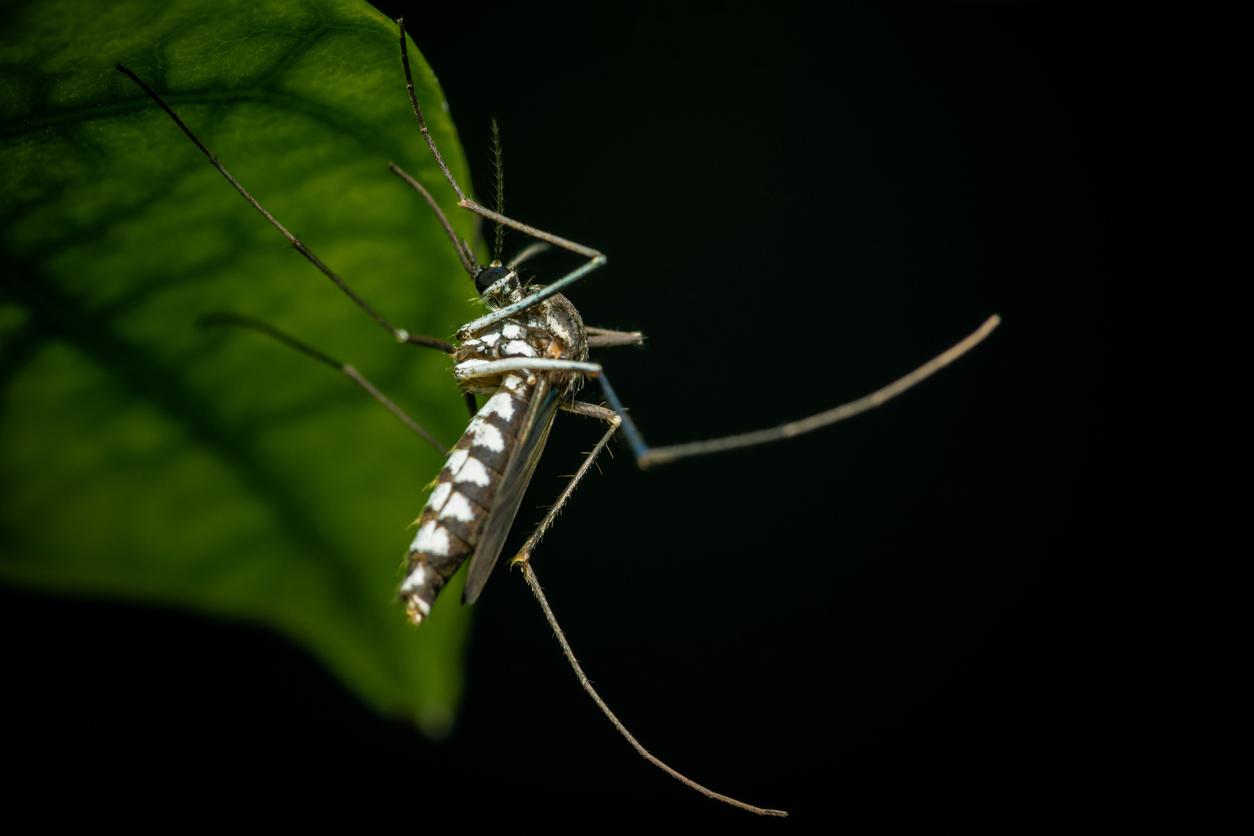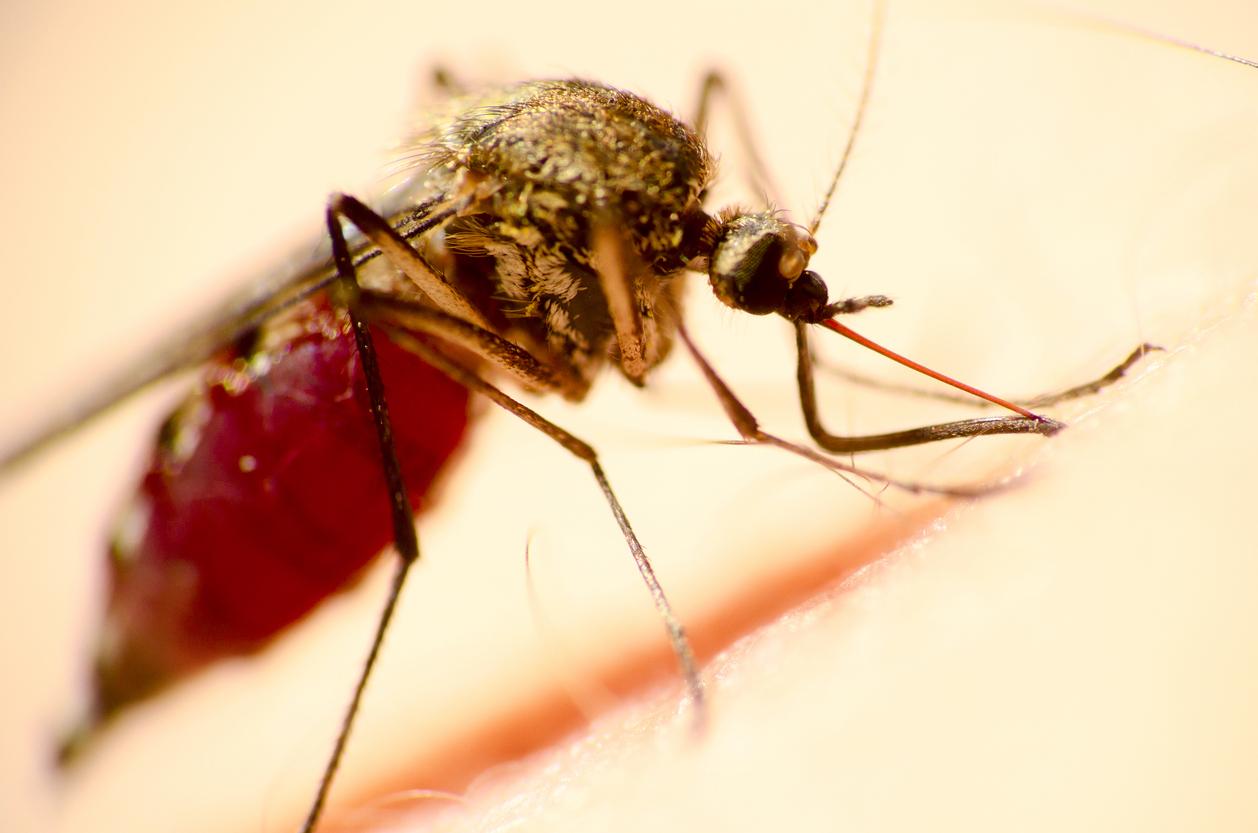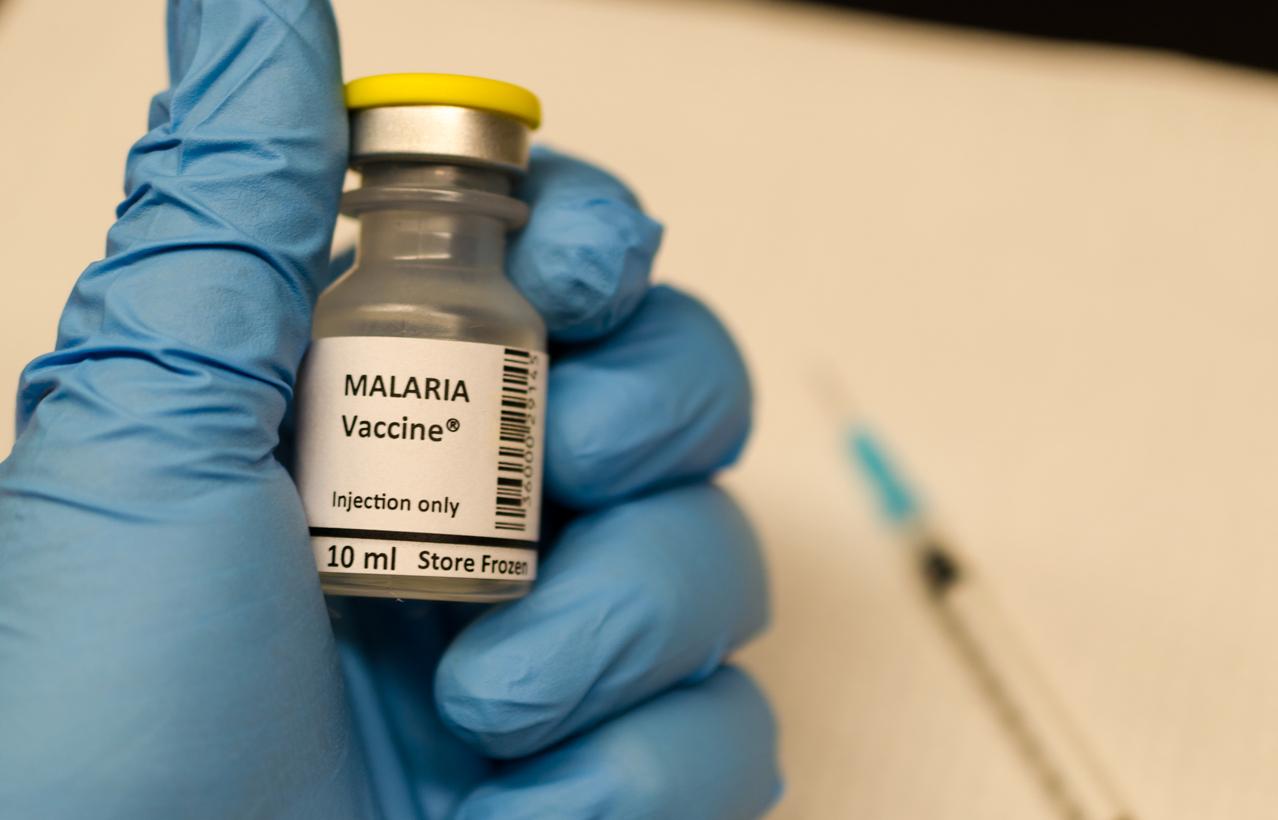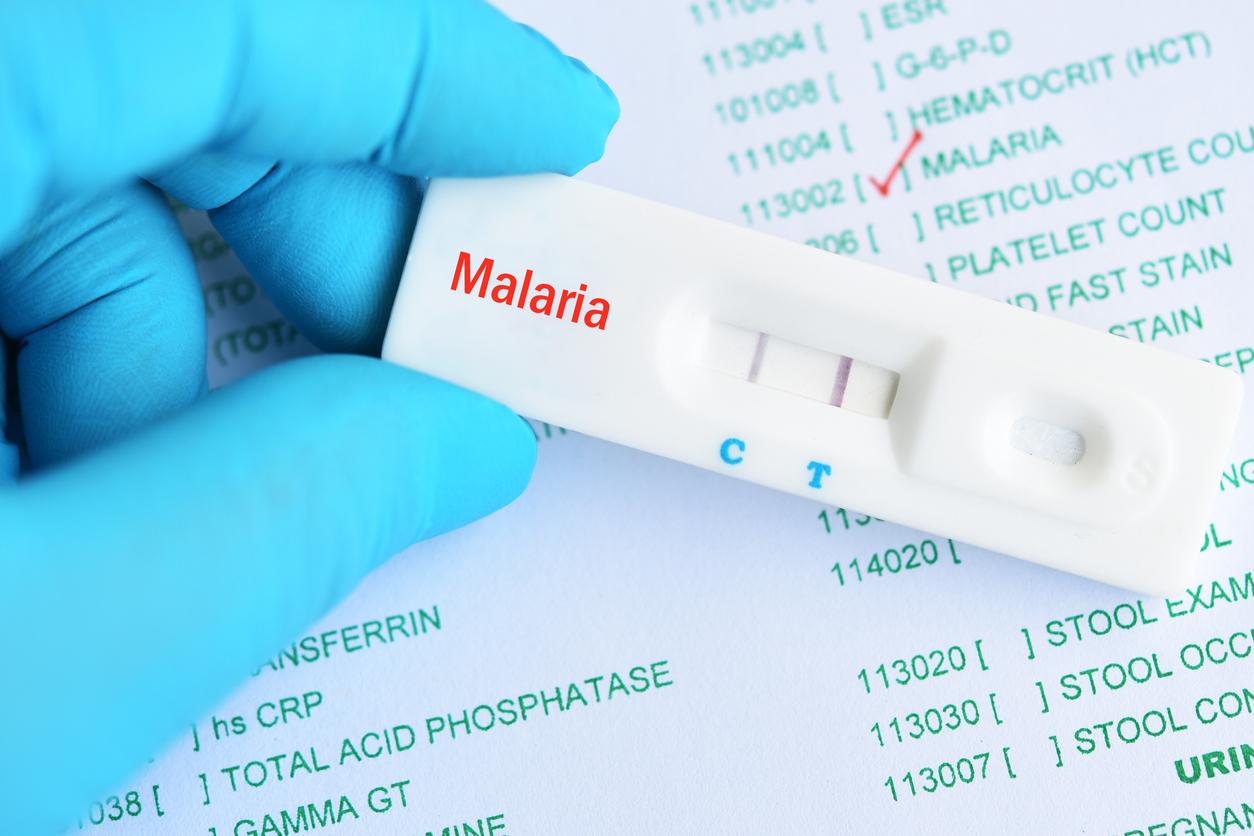The Nobel Prize in Medicine and Physiology was awarded to 3 discoverers of revolutionary treatments against parasitic diseases and malaria.

This year, the Nobel Prize for Physiology and Medicine honors parasitic diseases. The jury jointly awarded the Irish researcher William Campbell and the Japanese Satoshi Omura, as well as the researcher Youyou Tu. All three have revolutionized the treatment of the deadliest parsitoses.
Youyou Tu, 84, is 12th woman nobelized since the creation of the price in 1901. The Chinese academician discovered artemisinin, extracted from the plant Artemisia annua. “It was the first to show its effectiveness against the parasite responsible for malaria,” notes the Nobel Prize jury. Today, this molecule is the basis of all the antimalarial therapeutic combinations given to patients in first intention.

Neglected tropical diseases
William Campbell and Satoshi Omura are, for their part, rewarded together for having discovered Avermectin. “Derivatives of this molecule have radically reduced the prevalence of river blindness and lymphatic filariasis (also called elephantiasis, editor’s note), while demonstrating its effectiveness against other parasitic worms ”, explains the jury. These severely disabling pathologies are caused by bites from mosquitoes infected with a parasite.
Thanks to the discoveries of these three octogenarians, the millions of people exposed to these diseases today have effective solutions and treatments. The jury also underlines that some of these parasitoses are in the process of being eradicated. By awarding the prestigious Nobel to parasitologists, the jury wishes to draw attention to these neglected pathologies.
.







